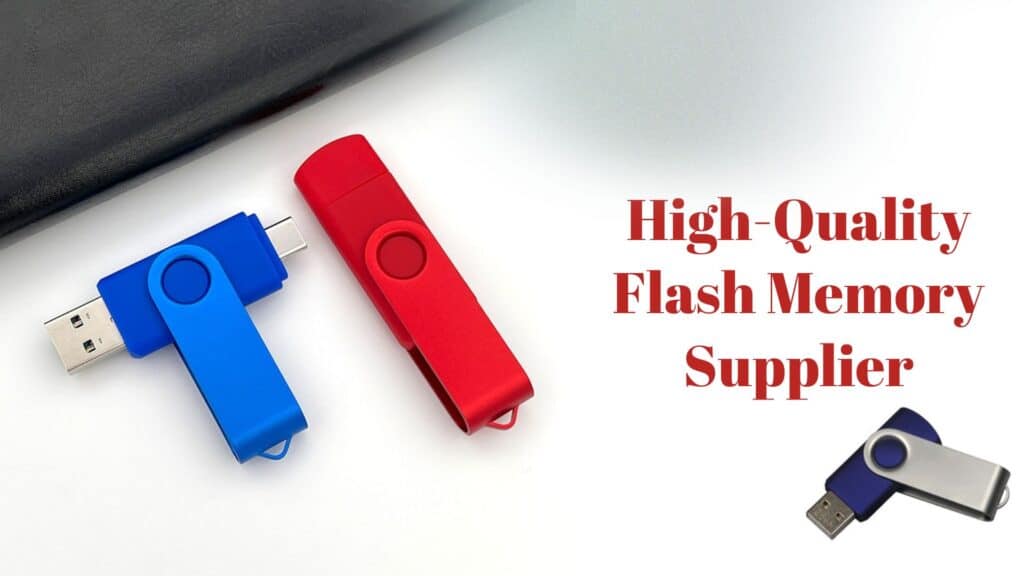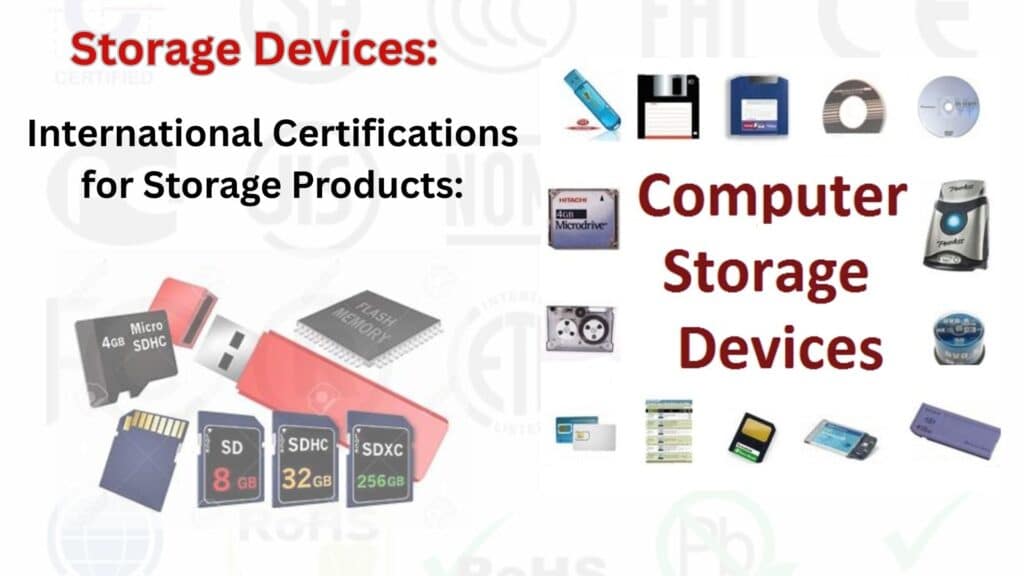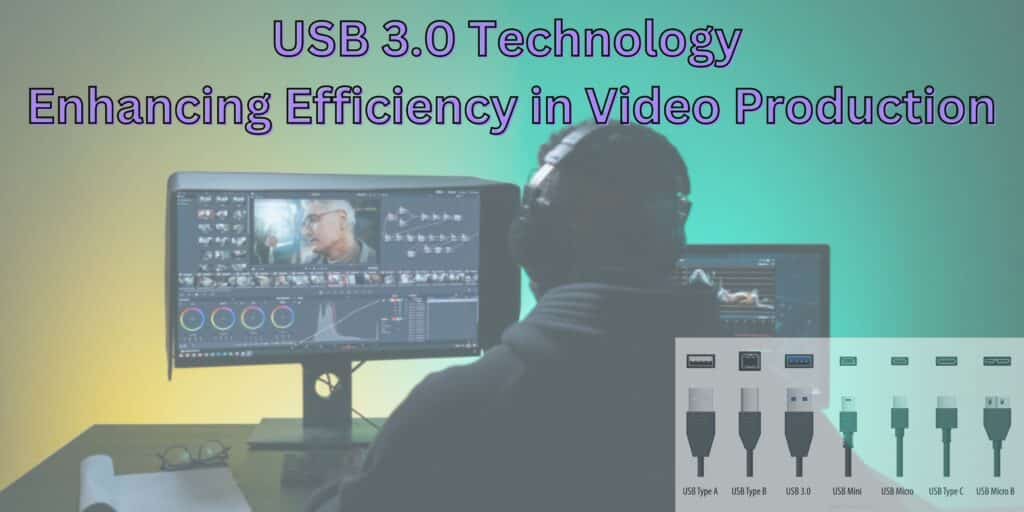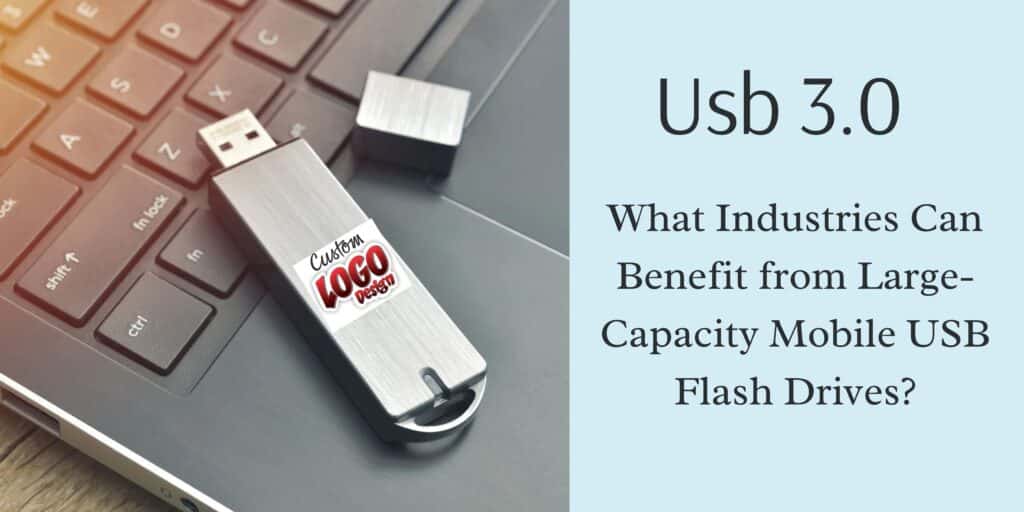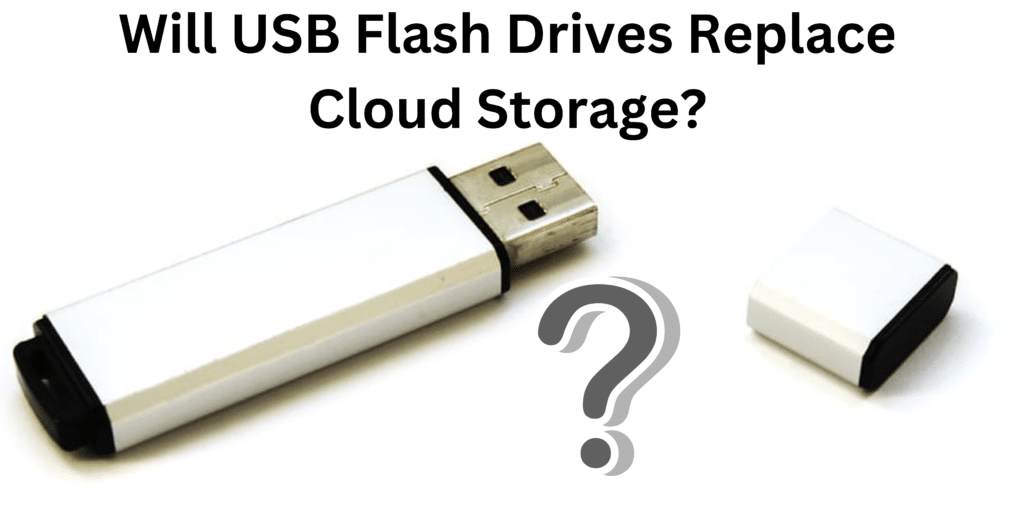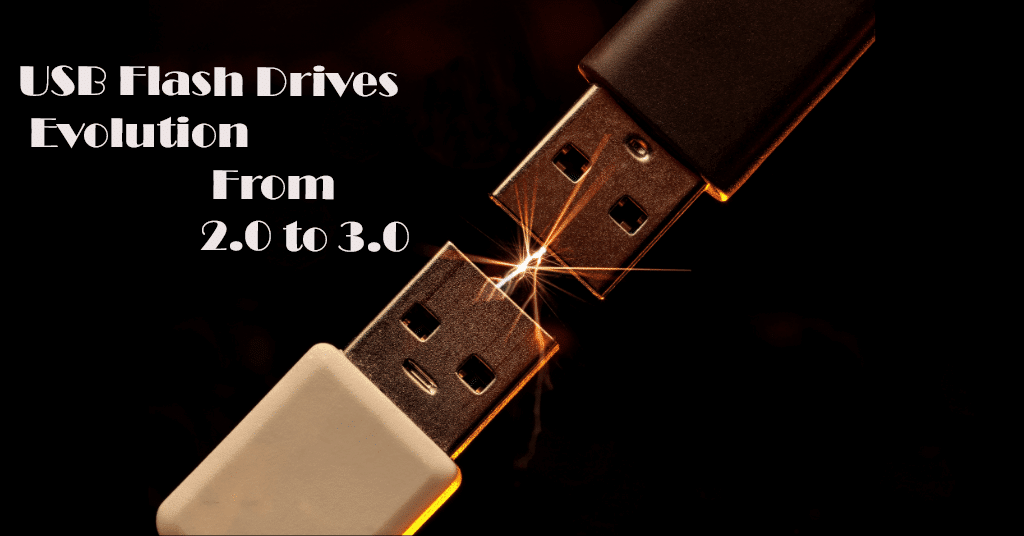Mobile USB Drives 3.0: Enhancing Data Management in Healthcare
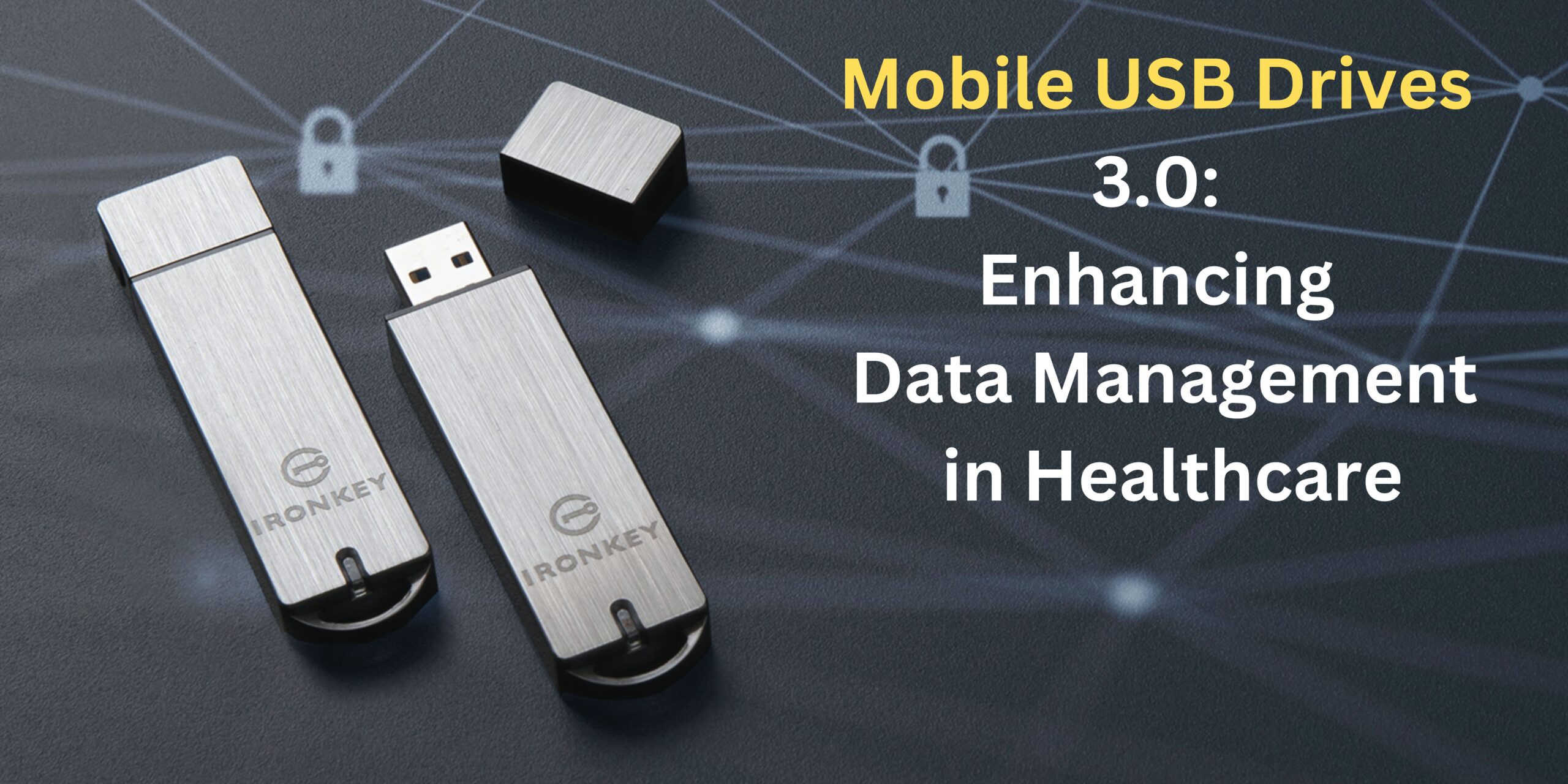
Introduction:
The healthcare industry has seen a massive increase in the amount of data generated over the years, ranging from patient records and medical imaging to research data. Managing this enormous amount of information efficiently is critical to delivering high-quality care. As healthcare providers search for solutions that ensure quick and secure data access, large capacity mobile USB drives have emerged as an essential tool in data management. These drives offer fast data transfer speeds and secure storage, addressing the increasing data demands of the healthcare industry. This article explores how these drives improve data management in healthcare environments, enhancing both efficiency and patient care.
Section 1: Challenges in Healthcare Data Management
The healthcare industry deals with sensitive and large volumes of data daily. From patient medical records to complex imaging files, managing and accessing this data efficiently is a daunting task. Traditional storage methods often fall short, as they are typically slow and can be prone to security risks. These delays in accessing data can lead to costly inefficiencies, such as longer patient wait times, slower decision-making, and even compromised patient safety.
For example, medical imaging data can be extremely large, making it difficult to quickly retrieve and share information between healthcare providers, particularly in emergency situations. Moreover, traditional storage methods are vulnerable to security breaches, a significant concern when handling sensitive personal and medical information. With strict regulations like HIPAA (Health Insurance Portability and Accountability Act) in place, the need for secure and fast data retrieval becomes even more urgent.
Section 2: Benefits of Mobile USB Drives in Healthcare
Portability: One of the major benefits of large-capacity mobile USB drives is their portability. These drives allow healthcare professionals to easily transfer large datasets, such as patient records or medical images, between different locations. A doctor can carry a USB drive from the hospital to a private practice or even between healthcare facilities, ensuring that data is always at hand when needed.
Fast Data Access: With the latest USB 3.0 technology, mobile USB drives provide fast data access and transfer speeds, which is crucial for the healthcare industry. The ability to quickly transfer large medical files means that healthcare providers can access information in real-time, facilitating quicker decision-making and more effective patient care.
Security: Mobile USB drives come equipped with advanced security features, including encryption. This ensures that sensitive data remains protected during storage and transfer. Encryption is essential for complying with HIPAA and other data protection regulations, ensuring that healthcare facilities can securely manage and share patient data. These features prevent unauthorized access, providing peace of mind to healthcare professionals and their patients.
Section 3: Real-Life Case Study
Consider the case of a medium-sized clinic that adopted large-capacity mobile USB drives for transferring medical records and imaging data between its various departments. Before using these drives, the clinic experienced long wait times for patients as medical records were either stored on outdated servers or had to be manually retrieved from different departments. Additionally, the clinic faced challenges with the security of data being transferred between locations.
Once the clinic switched to mobile USB drives with USB 3.0 technology, the process became much more streamlined. Patient records, including X-rays and MRIs, could be transferred rapidly between departments, reducing patient wait times and improving the workflow. With built-in encryption, the data transfer was secure, ensuring HIPAA compliance.
The result? The clinic reported improved data accessibility, faster decision-making, and better patient outcomes, demonstrating how mobile USB drives can transform data management in healthcare environments.
Section 4: Future Trends in Healthcare Data Management
As the healthcare industry continues to evolve, the need for efficient, secure, and fast data management solutions will only grow. The rise of telemedicine and the increasing adoption of cloud storage solutions are likely to further integrate mobile USB drives into healthcare data systems. By offering a quick and secure means of transferring and storing data, these drives will remain a cornerstone of healthcare IT infrastructure.
Future advancements, such as the development of newer USB standards beyond USB 3.0, will enhance the speed and capacity of mobile USB drives, enabling even quicker access and transfer of larger datasets. These improvements, combined with the growing need for secure and fast data solutions, will further enhance the role of mobile USB drives in the healthcare industry.
Conclusion:
In conclusion, large-capacity mobile USB drives offer significant advantages to the healthcare industry, from enhancing data management efficiency to ensuring compliance with regulations. Their portability, fast data access, and built-in security features make them an ideal solution for the healthcare industry’s unique data management needs. As technology continues to evolve, mobile USB drives will likely play an even more important role in healthcare, driving improvements in patient care and operational efficiency. Healthcare facilities are encouraged to explore these solutions to stay ahead in the ever-evolving landscape of data management.


